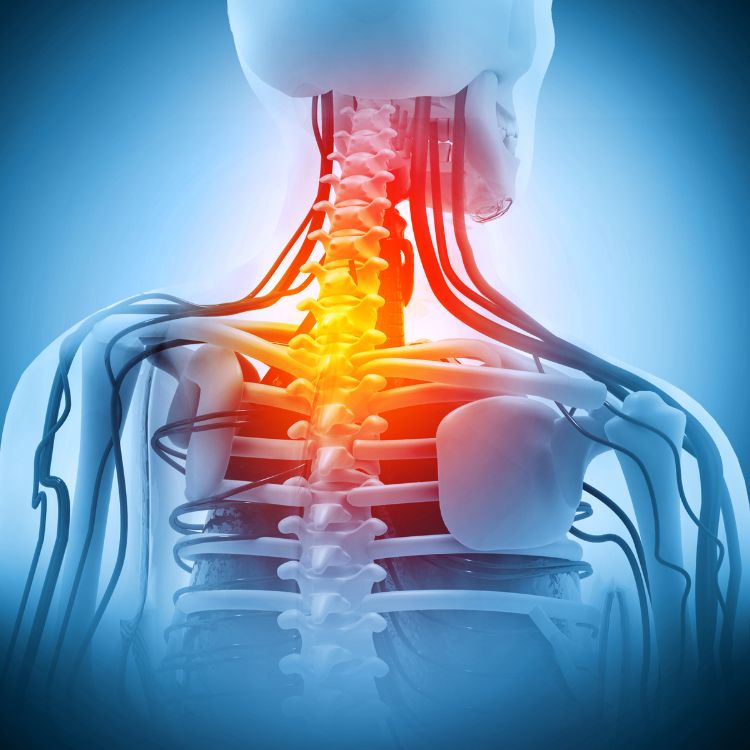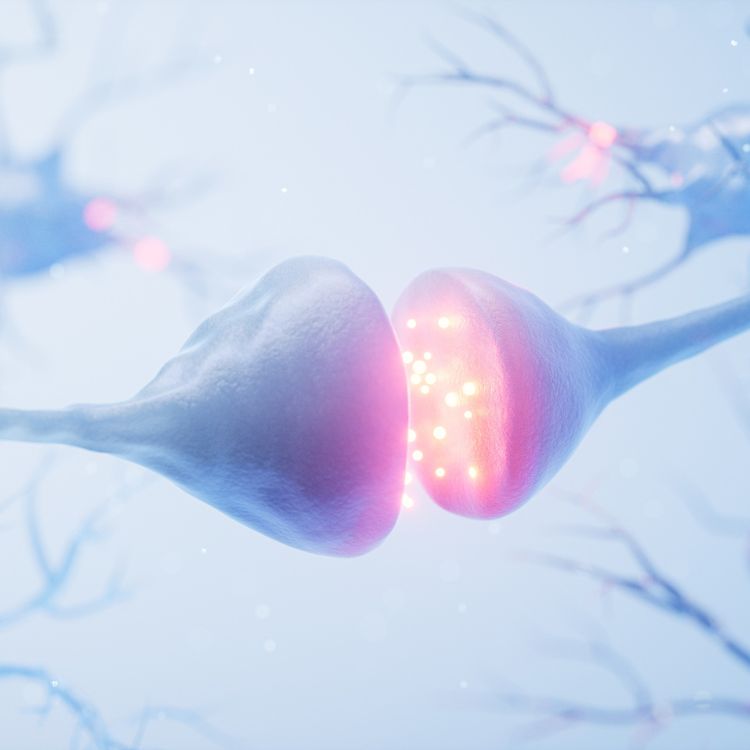What Is Neuropathic Pain?
Neuropathic pain happens when the nerves that carry signals between the body and the brain are damaged or irritated. This can lead to abnormal signaling, where the nerves send pain messages even when there’s no clear cause. The result is ongoing pain that doesn’t always respond to traditional treatments.
You might experience symptoms like burning, shooting pain, numbness, tingling, or sensitivity to touch. The pain may come and go, or it may be constant and unrelenting. Left untreated, neuropathic pain can interfere with sleep, mobility, and mental well-being.
Common Causes of Neuropathic Pain
Neuropathic pain can result from a wide range of conditions. Some of the most common include:
- Diabetes (diabetic neuropathy)
- Shingles (postherpetic neuralgia)
- Nerve compression (such as from a herniated disc or spinal stenosis)
- Chemotherapy-related nerve damage
- Multiple sclerosis
- Trauma or surgery affecting nerves
Understanding the underlying cause of your pain is the first step toward effective treatment.
How We Treat Neuropathic Pain
Neuropathic pain often requires a different approach than other types of chronic pain. At Mays & Schnapp, we build personalized treatment plans that address both the symptoms and the root cause whenever possible.
Depending on your needs, your care may include medications that calm nerve activity, such as anticonvulsants or certain antidepressants. For more severe or persistent pain, interventional treatments like nerve blocks, spinal cord stimulation, or infusion therapy may be used to disrupt pain signals and offer longer-term relief.
We also offer supportive therapies, including physical therapy and psychological counseling, to help manage the impact of chronic pain on your daily life.





